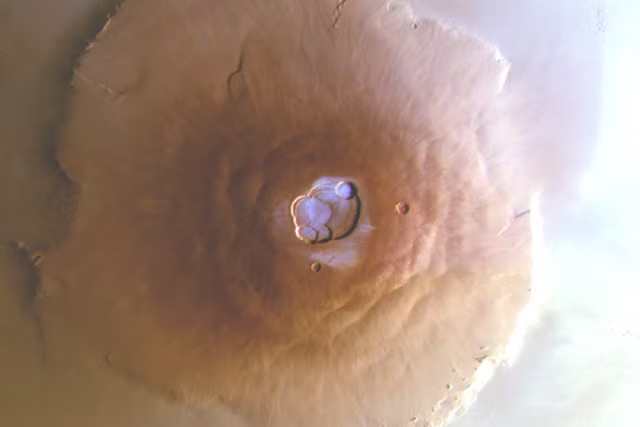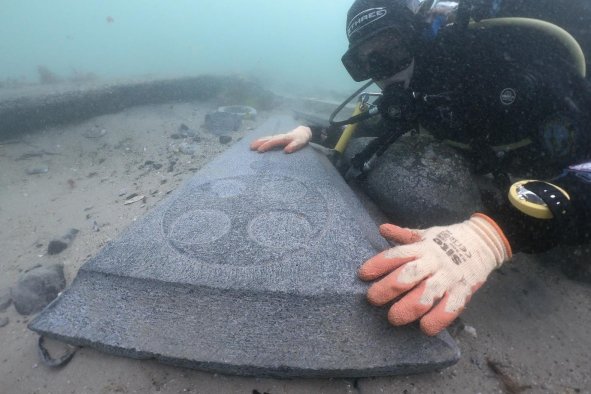The way we explore our environment might contribute to healthier brain aging, a new study suggests. The findings may offer new methods for staving off cognitive decline, as well as early biomarkers for Alzheimer's diagnosis.
Spatial navigation is a skill we use every day, and it tends to decline as we age. Historically, this decline in navigational abilities was attributed to worsening spatial memory. But according to new research, it may also be due to changes in the ways that we explore new environments.
"Compared to younger individuals, middle-aged people exhibit overall less exploration when learning a novel maze environment and seem to be prioritizing learning specific important locations in the maze as opposed to the overall maze layout," Vaisakh Puthusseryppady, a postdoctoral researcher at the University of California, Irvine, said in a statement.
In a new study published in the journal Frontiers in Aging Neuroscience, Puthusseryppady and colleagues recruited a group of 87 middle-aged volunteers with an average age of 50 and 50 young volunteers with an average age of 19. The volunteers were then asked to explore and learn to navigate a maze in virtual reality.
The maze consisted of corridors and crossroads separated by hedges, with distinctive objects scattered around in strategic locations. After freely exploring the maze, the volunteers were asked to navigate between two randomly chosen objects.
Perhaps unsurprisingly, the younger volunteers were, on average, more successful at finding their way. But what really stood out were the differences in how younger and older participants learned how to get around their new environment.
"Compared to younger individuals, middle-aged individuals explored the maze environment less, as they traveled less distance, paused for longer periods of time at decision points, and visited more objects than young individuals," Mary Hegarty, a professor at the Department of Psychological and Brain Sciences at the University of California, Santa Barbara, and a joint corresponding author on the paper, said in a statement.
These differences were so significant that the researchers were able to use artificial intelligence to accurately predict which group (young or middle-aged) each individual fell into based on their navigational learning patterns alone.
So why do we see this change in exploratory behavior as we age? According to the researchers, it may have something to do with the way the navigation networks in our brains change as we get older. If that were the case, they hypothesized that we may be able to train older adults to maintain "younger" brain networks through simple navigational exercises.
"If we were to train middle-aged people to explore novel environments better—with a focus on traveling greater distances, visiting paths that connect the environment, in a more spread-out manner—this might lead to improvements in their spatial memory, helping to slow down their decline in cognitive ability," co-author Daniela Cossio, a Ph.D. student at UC Irvine, said in a statement.
These findings may also have implications for age-associated neurodegenerative diseases such as Alzheimer's.
"We are currently investigating whether these kinds of changes in exploration behavior can be identified in people at risk of Alzheimer's Disease, as well as in those who actually have Alzheimer's," Elizabeth Chrastil, one of the corresponding authors and an associate professor at the same institute, said in a statement.
"We anticipate that altered exploration behavior could ultimately become a novel clinical marker for early cognitive decline related to Alzheimer's."
Is there a health problem that's worrying you? Let us know via health@newsweek.com. We can ask experts for advice, and your story could be featured on Newsweek.
Disclaimer: The copyright of this article belongs to the original author. Reposting this article is solely for the purpose of information dissemination and does not constitute any investment advice. If there is any infringement, please contact us immediately. We will make corrections or deletions as necessary. Thank you.



